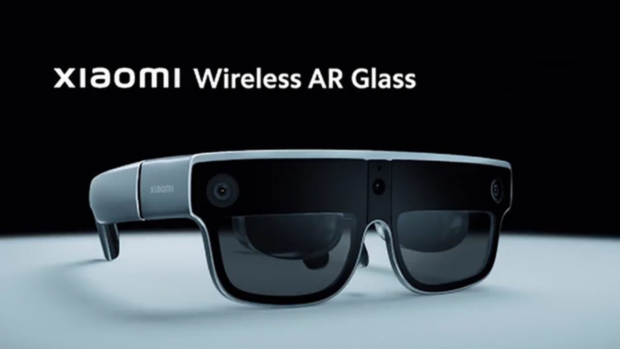Xiaomi recently unveiled its AR Glass Discovery Edition at the Mobile World Congress event in Barcelona, Spain.
Other companies have AR glasses using Snapdragon chipsets, but Xiaomi uses a better-performing XR2 chip.
It enables users to control physical devices and interact with digital media with hand gestures. However, it is still a prototype.
What are AR glasses?
Photo Credit: www.inaugment.com
Let us discuss augmented reality to understand Xiaomi’s new AR glasses. Augmented reality refers to overlaying digital assets in the real world.
Think of Pokemon GO as an example of AR in action. The mobile game involves looking for digital pets scattered around your neighborhood.
You catch them by walking to their locations and swiping Pokeballs at them using your phone. Aside from video games, Waze and other navigation apps use augmented reality.
AR glasses allow users to view augmented reality through lenses. As a result, it could facilitate the use of its products and services.
What are the features of the Xiaomi AR glasses?
Engadget shared a few features of the AR Glass Discovery Edition. The news outlet says it weighs 126 grams or 4.4 ounces.
In contrast, Microsoft Hololens 2 weighs 556 grams, so the Xiaomi AR glasses are more comfortable to wear.
It uses a pair of microOLED displays connected to a pair of “free-form, light-guiding” prisms. They allow for a display resolution so high you wouldn’t notice the individual pixels.
Xiaomi also claims it can produce a peak brightness of 1,200 nits so that the display would not dim outdoors.
Also, the glasses have “electrochromic, automatically dimming” lenses that enable users to focus on the virtual world.
TechCrunch reports that the Xiaomi AR glasses let you link wirelessly to your phone.
However, you would need a Xiaomi 13 or other phones that can handle Snapdragon Spaces, such as the OnePlus 11.
The glasses use Xiaomi’s communication link to attain full link latency as low as 50ms. As a result, users are unlikely to experience lag while using the AR Glass Discovery.
The AR Glass prototype lets users stream content from popular apps like YouTube and TikTok. Also, it enables them to move their interface and interact with real-life objects.
For example, a wearer could turn on or off a smart lamp or “grab” a screencast from a TV to the glasses via hand gestures.
Conclusion
Xiaomi recently announced its AR glass prototype at the Mobile World Congress in Spain. It has interesting features, such as letting users control digital media with gestures.
They look great on paper, but we would not know unless Xiaomi releases the product. However, it has not confirmed a release date or other details at the time of writing.
Do you want to learn more about the latest offerings from your favorite tech brands? Stay up-to-date by reading more articles at Inquirer Tech.
Read Next
Subscribe to INQUIRER PLUS to get access to The Philippine Daily Inquirer & other 70+ titles, share up to 5 gadgets, listen to the news, download as early as 4am & share articles on social media. Call 896 6000.
For feedback, complaints, or inquiries, contact us.
For all the latest Technology News Click Here
For the latest news and updates, follow us on Google News.

